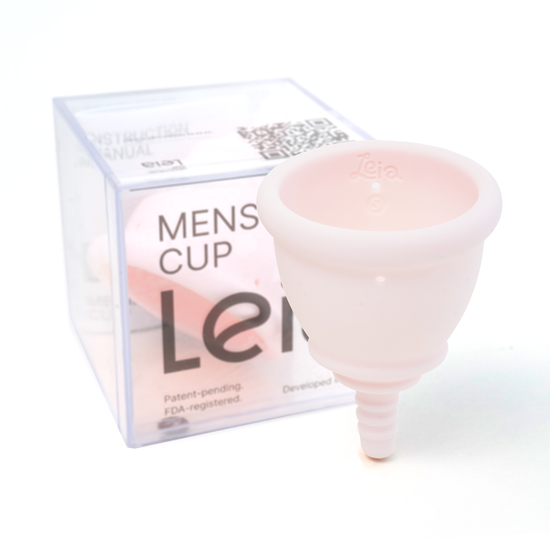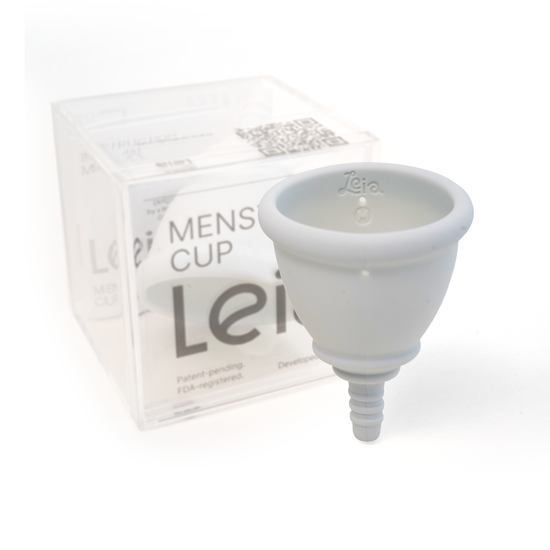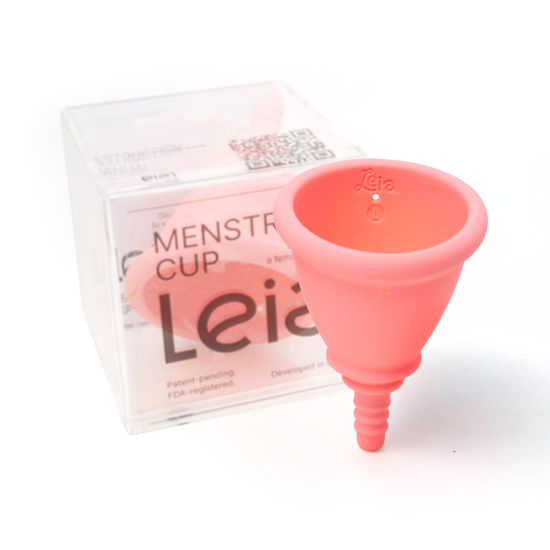The pelvic floor refers to a dome-shaped layer of muscles which separate the pelvic cavity from the perineal area below. The pelvic cavity contains the bladder, rectum, and uterus. The pelvic floor muscles perform several important functions:
- Supporting the abdominal and pelvic organs and regulating intra-abdominal pressure.
- Controlling urination and defecation.
- Aiding in the birthing process.
For people who menstruate specifically, one in three have weak pelvic floor muscles. Of these people, 47% are of working age.
Dysfunction of the pelvic floor muscles can lead to serious complications. These include:
Uncontrollable leakage of urine during exercise, laughter, coughing, or sneezing (this is commonly known as stress incontinence).
- The frequent or urgent need to urinate (commonly known as urge incontinence).
- Involuntary bowel leakage or gassiness.
- Difficulty emptying the bowels or bladder.
- Internal organ prolapse.
- Pain in the bladder, bowels, or back (near the pelvic area).
Weak pelvic floor muscles can make it difficult to insert or remove a menstrual cup, and may result in leakage. It is therefore important to select menstrual care products which are designed to work with pelvic floor weakness, such as the Leia Menstrual Cup. Along with regular pelvic floor muscle exercises and behavioral adjustments which can strengthen the muscles, use of the Leia Menstrual Cup can help aid in the mitigation of complications stemming from pelvic floor muscle weakness.
To assess your own condition and determine if you may have pelvic floor muscle dysfunction, please complete the following questionnaire.
QUESTIONNAIRE
- When lying on your back with your legs bent and spread, does the entrance to the vagina open (gape) when straining? (yes / no)
- Do you experience pain, discomfort, pressure, or sense a foreign body within the vagina? (yes / no)
- Do you experience a sensation of something falling out of the vagina (such as the sensation of a tampon coming out)? (yes / no)
- Do you have frequent unpleasant sensations, pain, or atypical sounds (such as air entering the vagina, commonly known as queefing) during sexual intercourse? (yes / no)
- Do you experience urinary incontinence while running, coughing, or sneezing? (yes / no)
- While urinating, do you have an intermittent stream, changes in stream direction, or have a weak urinary flow regardless of use of the pelvic muscles? (yes / no)
- Following urination, do you feel as though your bladder has not fully emptied, and do you have difficulty emptying your bladder? (yes / no)
- Do you have difficulties with bowel movements, such as incomplete evacuation of the rectum during defecation? (yes / no)
- Do you have frequent flatulence or liquid stool, and do you have difficulty controlling their release? (yes / no)
- Do you experience aching pain in the lower back which is not related to spinal disease or muscle fatigue? (yes / no)
For each ‘yes’ answer to one of the above questions, add a point to your tally. If you have 5 or more points, there is a high probability that you may be experiencing prolapse (the descent of pelvic organs).
The above questionnaire is informational only, and is not intended as medical advice. Before taking mitigation steps or beginning treatment, please consult a qualified healthcare professional and discuss your symptoms.




